I've always written for loops in C# using for (int i = 0; i < 10; i++).
I've been reading up on the best-practices for JavaScript (JavaScript: The Good Parts), and one of them is to prefer x += 1 over x++.
Are there any differences, in C#, between the two in areas such as performance, atomicity, and functionality.
I ask, because there are functional differences between ++x and x++ in C# (and C++ and probably most other C based languages); the former being pre-increment where it increments the variable and then returns the value, and the latter being post-increment where it returns the value and then increments it (actually, these two subtle differences are what's piqued my interest in adopting the x += 1 strategy in my C# code)
Update:
Here's two methods, method1 uses ++x and method2 uses x += 1:
static void method1()
{
int x = 1;
int y = ++x;
Console.WriteLine(x);
Console.WriteLine(y);
}
static void method2()
{
int x = 1;
int y = x += 1;
Console.WriteLine(x);
Console.WriteLine(y);
}
This produces the following IL:
Method 1:

Method 2:

There appears to be some minor differences, but my understanding of IL isn't enough to answer the question 'are there any differences'.